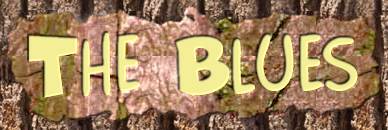
|

|
The Blues has always been my favorite style of music.This section of the tour is a very brief description of "Da Blues".
America has produced many forms of music that are genuinely American, but none have had such far reaching appeal and influence then the blues. The blues formed the basis for rock n' roll and is still a thriving musical form in its own right. The blues developed separately in three different regions of the postbellum South: the Mississippi Delta and eastern Texas at the turn of the century, and in the Piedmont ten years later. These rural blues were carried from the plantations and prison farms to urban areas such as Chicago and St. Louis and eventually became the blues of John Lee Hooker, Buddy Guy, B.B. King and others. The blues also spawned rhythm and blues, which in turn became rock n' roll.

|
Here a few of the "Bluesmen" who came from Mississippi.
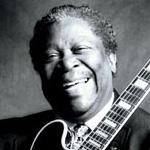
|
BB King
b. Riley B. King, 16 September 1925, Indianola, Mississippi, USA. The son of a sharecropper, King went to work on the plantation like any other young black in Mississippi, but he had sung in amateur gospel groups from childhood. By the age of 16, he was also playing blues guitar and singing on street corners. When he was 20 years old, he temporarily quit sharecropping and went to Memphis, where he sang on the street, and shared a room for almost a year with his second cousin, Bukka White. However, it was not until 1948 that he managed to pay off his debts to his former plantation boss.
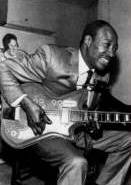
|
Jimmy Reed
Jimmy Reed is Joe and my favorite blues musician.
Jimmy Reed was born on September 6, 1925, in Dunleith, Mississippi. He was a blues singer and songwriter who played the guitar and harmonica. When he sang, he would slur his words. He produced a series of hits in the 50's that made him the most successful blues singer of the era. Reed sang in church and played the guitar with his friend Eddie Taylor. He left school in 1939 in search of work. He found a job farming around Duncan and Meltonia, Mississippi. The rest is history.
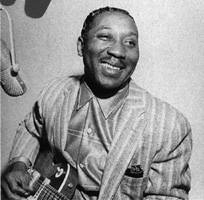
|
Muddy Waters
McKinley Morganfield was born in 1915 in Clarksdale Mississippi in a one-room shack. He learned guitar and played with a local band, but there was little money to be made in Mississippi. In the early 1940s he arrived in Chicago and played in local clubs, and over the next decade became Chicago's finest blues artist. "Muddy Waters" died of cancer in 1983.
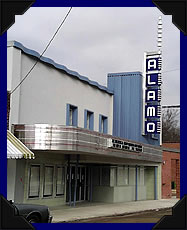
|
Alamo Theater
Jackson's Alamo Theater, 333 North Farish Street, is a reminder of the popularity of the art deco style. It was here that longtime Muddy Waters pianist Otis Spann won a talent contest at the age of eight.
I have a VHS tape I watch a lot called "Messin With The Blues". If you are a blues fan at all I would recommend it very highly. The tape features "Muddy Waters" at his best.
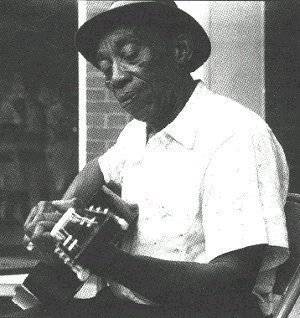
|
"Mississippi" John Hurt
Mississippi John Hurt was one of the best known and best loved figures in black musical tradition, yet one who received precious little biographical attention. The outline details are familiar enough. Born 1892, or thereabouts, in Teoc, Mississippi; grew up in nearby Avalon and celebrated the location in a famous 1928 recording session for Okeh; rediscovered thirty five years later by a blues fan acting on a hunch that "Avalon my home town" might mean what it said, and loved by a generation of young blues fans for four short years until his death in 1967.
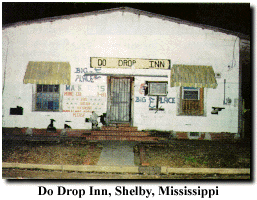
|
Do Drop In
The Do Drop In located in Shelby, Mississippi is one of the many "juke joints" where the blues is played daily. Many fine bluesmen had their start in places as these.

|
The Crossroads
Crossroads are important landmarks in the flat, homogeneous Delta landscape, and the intersection of Highways 61 and 49 in Clarksdale is one such landmark. Tommy Johnson claimed to have met a diabolical figure at midnight on a crossroads in the Delta. This large black man tuned Johnson's guitar so that Johnson could play any song he wanted. Another Delta bluesman, Robert Johnson, wrote "Crossroads Blues," wherein he sang "Sun goin' down boy, dark gon' catch me here." It typified the fear of such a place after dark.
Please click HERE to continue on.

|